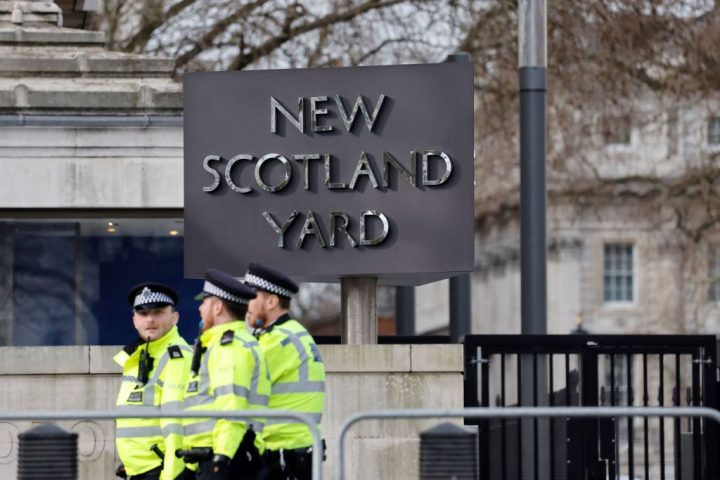MPs and peers are going to spend the next few weeks in an almighty fight about strikes and protests. Today the Commons debates the second reading of the Strikes (Minimum Service Levels) Bill. Business Secretary Grant Shapps and Labour’s deputy leader Angela Rayner are going head-to-head on legislation requiring unions in key sectors to provide minimum service levels even during strike action – or face being sued. In the Lords, peers will soon be debating the final stage of the Public Order Bill, which today gains a big new amendment that gives the police more powers to stop protests from becoming disruptive.
The amendment could give a lot of powers to the police that end up clamping down on peaceful and legitimate protest
The protests amendment is a big deal. It was requested by the Metropolitan Police Commissioner Sir Mark Rowley after he and other senior police officers became concerned that their forces didn’t have sufficient clarity in law about when they could step in to break up a protest. He says police chiefs ‘have not sought any new powers to curtail or constrain protest, but have asked for legal clarity about where the balance of rights should be struck’.
But it’s not just a policy matter – the fact that Rishi Sunak, rather than a junior Home Office minister, is the one announcing it underlines that. The Prime Minister said: ‘We cannot have protests conducted by a small minority disrupting the lives of the ordinary public. It’s not acceptable and we’re going to bring it to an end. The police asked us for more clarity to crack down on these guerrilla tactics and we have listened.’
Prime ministers only tend to announce amendments when they want to gain political capital – or when they are quelling a major revolt by their party. Sunak has enough of the latter to worry about, but the Public Order Bill and indeed the minimum service legislation are both examples of his attempts to unite Conservative MPs around causes that they generally agree on.
There will be an almighty hoo-ha about this in the Lords when it reaches report stage later this month. There was already going to be a big fuss anyway, but the problem with this amendment could be that it gives a lot of powers to the police that, far from providing clarity, end up clamping down on peaceful and legitimate protest. The police will be able to stop protests before they start causing disruption.
In some cases this sounds perfectly simple: Just Stop Oil pitching up by the side of a motorway with all their paraphernalia, for instance. But as we saw with the policing of lockdown restrictions, it is also possible for coppers to exercise their powers in ways that don’t make common sense. The Covid regulations were particularly badly drafted and even more poorly scrutinised.
The Public Order Bill is proceeding through parliament like a normal piece of legislation, rather than those emergency powers which were often examined by MPs weeks after the police started using them. But it is worth peers, and MPs when the legislation gets sent back to them for the very final ‘ping pong’ stage before it is enacted, remembering how the law will be used. Laws need to be drafted so they can be used by daft police officers who might take exception to someone merely looking a bit funny while protesting legitimately, as well as the sensible ones.







Comments